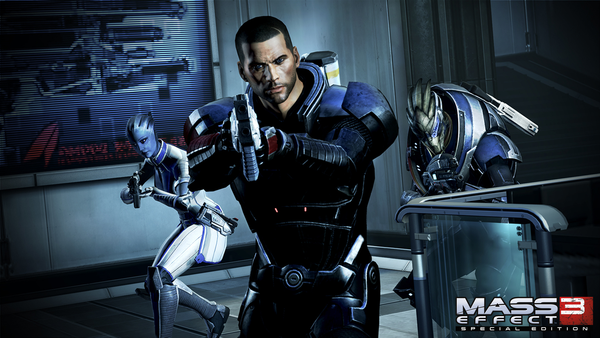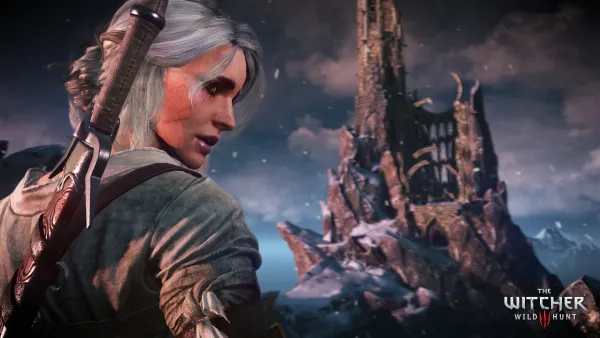Five Lessons for Dragon Age 4
We know it’s in development, so let’s talk about some potential pitfalls.
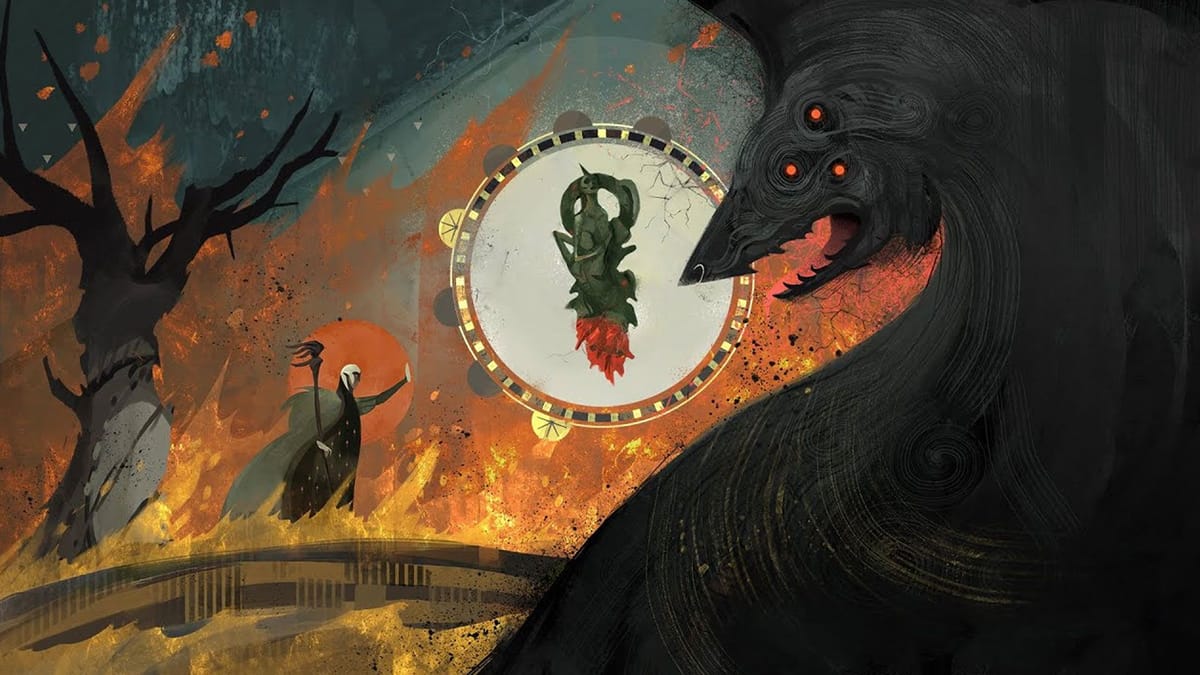
Author's note: This piece was originally published in July 2020. It's been reformatted and republished here.
I played the first Dragon Age when it came out in 2009. It was an incredible experience that I’ll never forget. Alistair, one of the principle characters who can join your party, became my best friend.
We could sit around the fire and talk about everything. Leliana — who also joined my party — would become my paramour as time went on. We slew monsters, even dragons, together. I felt there was no greater bond. But when Dragon Age 2 was released, that sense of belonging to the world dwindled. There were certain things I disliked about the sequel: I wasn’t a fan of the graphics, and I didn’t appreciate the repetition around visiting the same dungeons and locations repeatedly.
I did end up finishing the game but I was left with mixed feelings. And because of those feelings about DA2, I hesitated at first to pick up Dragon Age: Inquisition.
But I’m glad I did buy Inquisition in the end because it was something of a revelation. I learned a lot about what I — and gamers like me — love to see in a video game, as well as what puts us off. We know that Dragon Age 4 is in development now, and so, I wanted to put together an article that might act as an open letter to BioWare to discuss the five things I think the developers should bear in mind.
Let’s dive in!
No microtransactions in story mode
Pay to win isn’t appropriate for this series
I think we all agree on this one — there shouldn’t be too much to explain here. Put simply, BioWare, don’t allow me to advance the story by paying money.
If you add a multiplayer mode, well, that’s something completely different. You did a pretty good job in Mass Effect 3. The multiplayer component existed with all its paid options, but it was totally disconnected from the main single player story. You could have raised the galaxy’s readiness without playing a single multiplayer match.
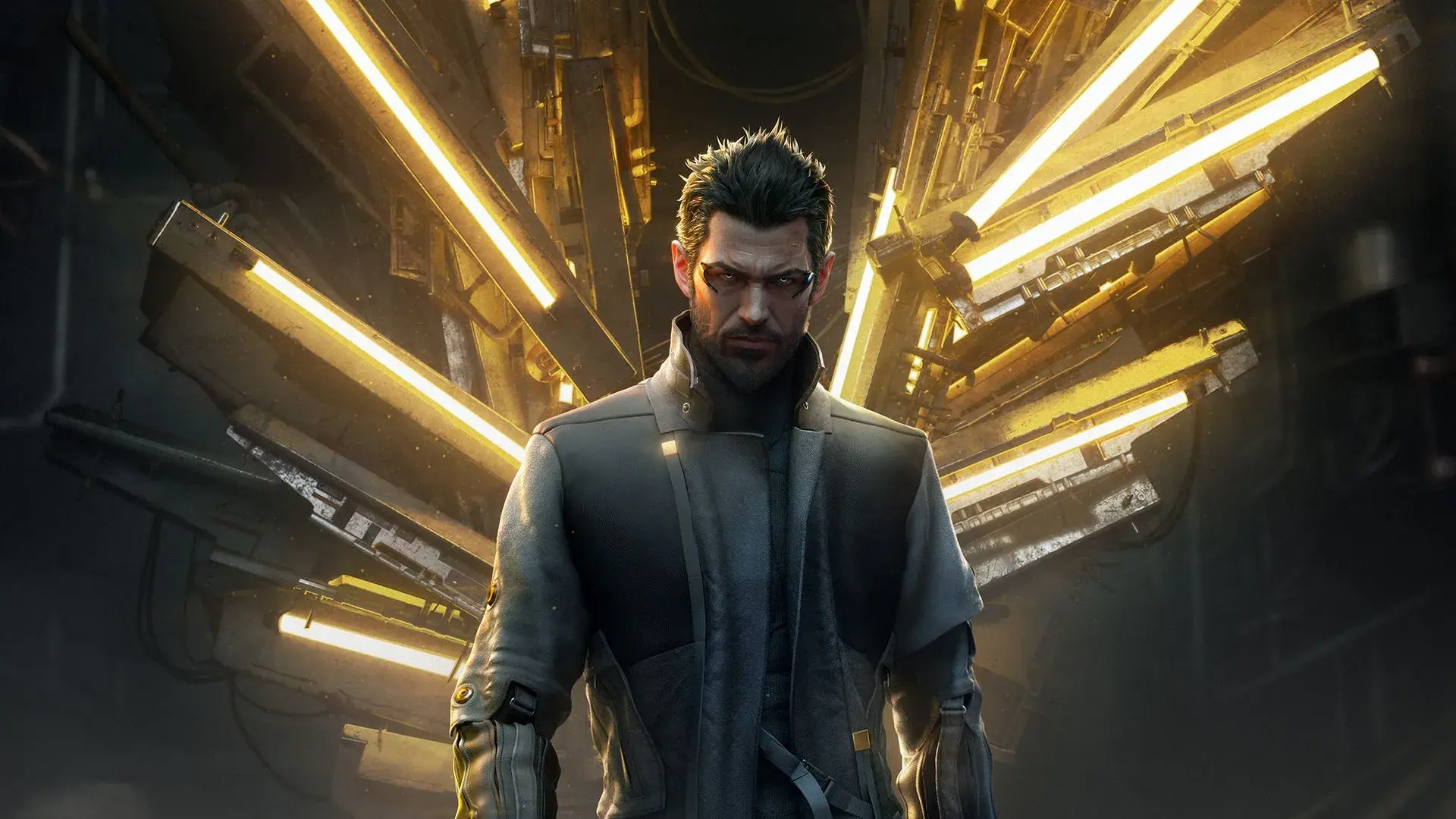
There are cautionary tales to note. One game I loved but still took this path was Deus Ex: Mankind Divided. It had this option in the inventory to add paid items. I remember trying to add one of these items once, and a jarring Windows-themed payment window popped up right inside my game. It was both disturbing and game-breaking.
I never finished the game after that. Please, BioWare: don’t make the same mistake in Dragon Age 4.
Let's keep DLC as add-ons
DLC shouldn’t be part of the critical path
I mention this point because it relates to separate incidents across two previous BioWare games:
- Mass Effect 3’s ending required a (free) DLC to fully flesh it out.
- Dragon Age: Inquisition’s Tresspasser DLC was supposed to be “the adventure after the adventure”. Instead, it was the real ending.
But what does good look like? The Descent is a great example. It was a DLC for Inquisition that added a new area, but didn’t impact the critical path. The same is true of DA2’s Mark of the Assassin DLC, which was beautifully executed, and added to the story, but didn’t alter it completely.
Yes, DLC should enhance — or complement — the core experience. But it shouldn’t be required for the critical path, and it ideally shouldn’t be used to completely add or change the ending of said critical path.
To put it another way: the main story and world should feel complete, regardless of any DLC.
Don't make it a MMO
A strong single-player campaign is at the heart of the franchise
It might be tempting for BioWare to go for an Anthem-style experiment. That is to say, take a single-player story-based experience and inject multiplayer mechanics over the top. Anthem was confusing: was it supposed to be some kind of MMO hybrid? Did it actually have a worthwhile central plot? I don’t know — I never felt the urge to finish it like I did with, say, The Witcher 3.

Anthem was theoretically possible to play alone. But when I did go solo, the game punished me harshly and became insanely tough to beat. When I went full co-op, though, I’d be left behind as another player — who was now far more powerful than me — would simply barrel forward without regard for the group, leaving me in a cloud of dust. The mission would often end regardless of what I did, or I’d be teleported closer to the lead player’s location against my will.
The entire concept seemed wrong to me.
Be creative with the quests
Don’t just add volume for the sake of it
One thing that thoroughly annoyed me about both Inquisition and Mass Effect Andromeda was the sheer amount of quests that seemed pointless. Many of them were either “fetch this and bring it here” or some kind of “go there and kill that target”. Sure, I appreciated the number of things you could do in the game…but the breadth of content soon revealed a lack of depth. The former had been prioritized over the latter.
It’s not that I’m opposed to some major grinding, either. I’d do it if it felt like there were some worthwhile progress to be gained from it. And I’d certainly be up for it if there were some guided conversation and context involved — not just arriving at a place and randomly fighting.
In other words, please make my side quests meaningful.
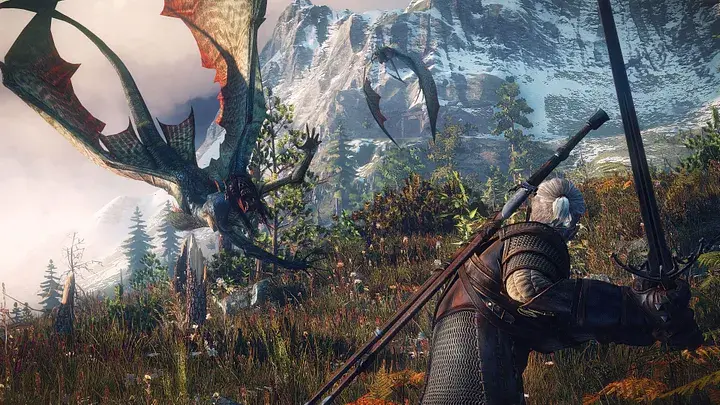
The gold standard here is — again — The Witcher 3. Not only were there a ton of quests throughout the game, but they never felt repetitive or hollow. Even in cases where you had to fight in a bar, there was some kind of meaningful progression or some interesting plot tidbit associated with it. Even just playing Gwent was rewarding thanks to escalating difficulty and rewards.
Enhance the dialogue
A character’s “believability” is heavily influenced by great dialogue
BioWare don’t have much trouble with the player character — we write our own characters as we go, and BioWare has done a good job with this historically. But now, please, make the people surrounding us just as believable.
I want my companions to be real people with flaws, dreams, and challenges to overcome. I don’t want them to be extreme caricatures that revolve around a single two-dimensional idea or goal. And I really don’t want the villain to be some all-knowing god who is going to anticipate my every move and counter it effortlessly until I find a magic way to stop them from doing that.
I want to feel like I’m actively changing and influencing the world as I walk it, and that means changing hearts and minds.
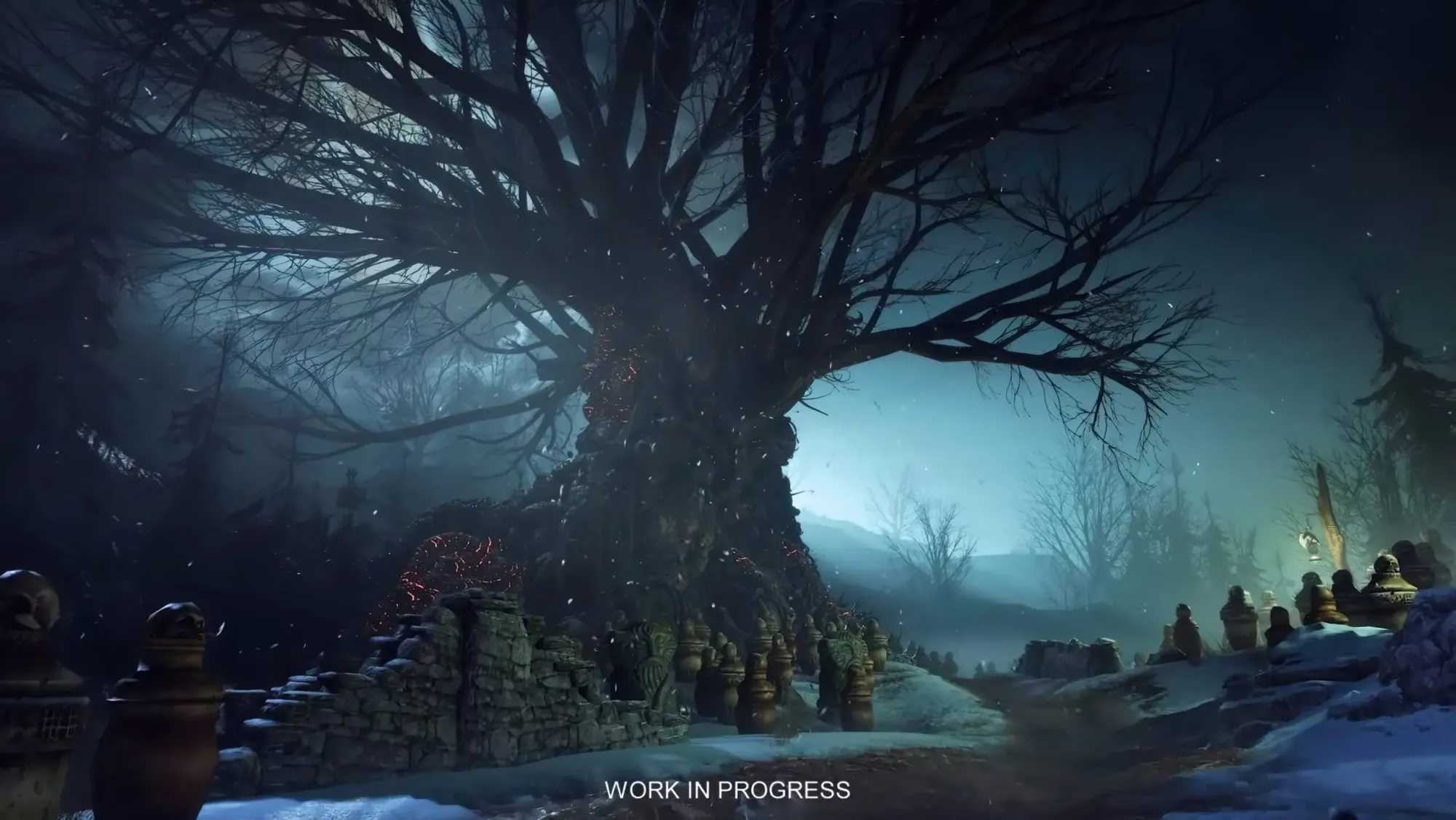
I sincerely love the Dragon Age series, so my above suggestions come from a place of earnest enthusiasm for the franchise. They deliberately include a mixture of things I do and don’t want to see in the next game, which I really hope will be the best one yet.
Also, a huge thanks to the wonderful people at the Facebook Group The Dragon Age Universe for sharing their thoughts and helping me come up with some of these points. You’re the best!
And now we wait, and hold our breath.
